FREQUENTLY ASKED QUESTIONS ABOUT OWNING A HOT TUB
It is essential to understand the facts about owning a hot tub before buying one. It will make it easier for buyers to know about any maintenance needs and additional costs. Knowledge is power which enables buyers to make informed decisions about their purchases. You can find out more about purchasing a hot tub by visiting this site. We've compiled a comprehensive list of frequently asked questions for owners and operators of hot tubs.
1. DO HOT TUBS OFFER ANY HEALTH BENEFITS?
- Hot tubs have amazing health benefits! The benefits include stress relief, joint pain relief, and sleep enhancement. Spas can also contribute to weight loss and muscle gain. Here are just some of the spa benefits for your health and all from the comfort of your own home.
- Stress Relief: Stress builds up tension in the muscles, which results in fatigue. Soaking in the spa helps relieve muscle tension, resulting in increased energy levels and a clear mind.
- Better Night's Rest: A soak in a warm spa can help ease tension and relax muscles. This makes it easier for you to sleep deeply throughout the night.
- Joint Pain Relief: Hot water can be used to relax stiff joints and ease the discomfort that arthritis sufferers experience.
- Hydrotherapy: Hot Spa Therapy Is amazing for pain relief and cardiovascular health. A regular spa helps strengthen the heart, reducing the chance of coronary disease. They also help lower blood pressure.
2. CAN CHILDREN USE A SPA OR HOT TUB?
- Children under the age of five years old should not be permitted to swim in spa water that has been heated above 104°F (40°C). Also, young children are more susceptible to bacterial infections because they have not yet developed an immune system. Toddlers should not use the spa unattended.
- Babies and hot tubs don’t usually get along well together. You can take your baby into a spa however by keeping the water temperature low and limiting the amount of time the baby spends in the hot water.
3. HOW LONG WILL A SPA LAST?
- There are many factors that affect the lifespan of a spa. The main factor affecting the longevity of a spa is its upkeep and maintenance. A well-maintained spa will last longer than one that isn't cared for. So in general spas that are maintained regularly last longer than hot tubs that aren't maintained regularly.
- Also, spas made from cheaper materials tend to wear out faster than those made from better quality materials.
4. HOW DO I KEEP SPA WATER CLEAN?
- It may seem like maintaining a spa is a daunting task, but you can easily keep up with it by using the right equipment and chemicals. One of the most important aspects of cleaning and maintaining a hot tub is the filter.
- A clean spa filtration system can not only improve your spa experience but also can help you save money by reducing energy costs. Spa filters pump the water through the system so that any impurities are trapped inside the material. Once or twice per month, when the dirt builds up in the cartridge, use a garden hose to clean it out. It's time for a new spa filter after 12-15 cleansings.
- Cleaning your spa also keeps you from having the optimum spa experience. To keep your hot tub clean, you must regularly clean its cover and filters, add the right chemicals into the water, and check for chemical levels in the water every time you use it. Maintaining proper chemical levels is critical because if they're too high it can damage your spa's equipment and when they're too low it can allow for the buildup of bacteria.
5. HOW OFTEN DO YOU NEED TO CHANGE THE WATER?
- It depends on how often you use the spa. Also, it will depend on how clean your guests' bathers are! Most residential spas are drained once every three to four months.
- It's a good idea to take a shower before entering the spa. Showering before entering the spa reduces the oils and dirt and makes your cleaning that much easier.
- If the spa tub is used extensively, water management becomes more complicated because you need to add extra chemicals and filters to compensate.
6. HOW MUCH DOES THE HOT TUB COST TO OPERATE?
- Spa energy bills are one of their biggest concerns when purchasing a hot tub. A spa however doesn't need to be expensive to run. Here are some ways to keep your energy bills down all year long.
- Reduce the spa temperature. Reducing the temperature by just one degree can save you up to 10 percent on spa energy bills.
- Use Your Spa Cover. One of the easiest ways to save money on your energy bill is to use your spas cover. The cover acts as a double-insulating blanket, trapping in heat and ultimately reducing heating costs.
- Turn the spa off when you are not using it. This will of course help reduce hot tub running costs by reducing energy consumption.
- Keep Your Filters Clean. If your spa filters are dirty, clogged, and have low water flow, then the filtration system will have to work harder than usual to keep the water clean. You're supposed to rinse a hot tub filtration system weekly with a deep cleaning every three months.
- Spa Chemical Costs: Maintenance cost also includes the cost of spa chemicals. Water treatment chemicals are used to clean and keep the quality of water. Chemicals typically cost between $5 - $10 per month. This is based on how often someone uses the spa.
7. WHERE IS THE BEST PLACE AT MY HOME TO PUT A HOT TUB? WHAT DO YOU NEED TO PREPARE BEFORE INSTALLING A HOT TUB?
- When installing a spa you just need a sturdy base for it to sit on, an electrical source to run it, and a water supply line to connect it to. It really is that easy!
- When sinking a spa, you need to consider whether you'll have access to the component door from which you'll service the pump, heater, etc., so do take that into account when planning and preparing your spa. Get full installation instructions from our sales team, which will include specific instructions for installing the model you bought.
- Hot tubs can be placed anywhere from under a gazebos to rooftops to patios or decks. It depends on both your personal preferences and the space you have available.
- Spas can be installed indoors when practical. But it's generally not recommended because of the heat and humidity that spas give off when they're used, and even while they're covered. Moisture and humid air will cause your walls and your home to deteriorate over time if they're not properly managed.
8. DO I NEED TO HAVE A FENCE AROUND MY SPA?
- It depends on where you live. Most Australian capital cities require fences for spas and hot tubs to be treated just like pools. It may be necessary to fence off the community so that people don't get hurt. Check your local government website for specifics.
SUMMING UP
- It is important to know the basics before buying a spa. It will ensure there aren't any surprises and give you a clear idea of the additional costs.
- If you're looking to buy a spa, our site and sales team are the best place to start. We've also compiled a collection of articles and frequently asked questions that relate to owning and operating a spa so you can be prepared.
More Articles from Spas Wholesale
- 5 Things to Consider When Buying A Spa
- Choosing the Perfect Hot Tub Gazebo or Enclosure
- Top 10 Spa Health Benefits
- Spa & Swim Spa Do's and Don'ts
- Balancing Spa pH Levels
- What causes hot tub scum
- A guide to spa water temperature
- Spa clear user guide
- Spa safety considerations
- Spa water temperature guide
- How to prevent spa algae
- Keeping your spa water balanced
- Starting the spa with new water



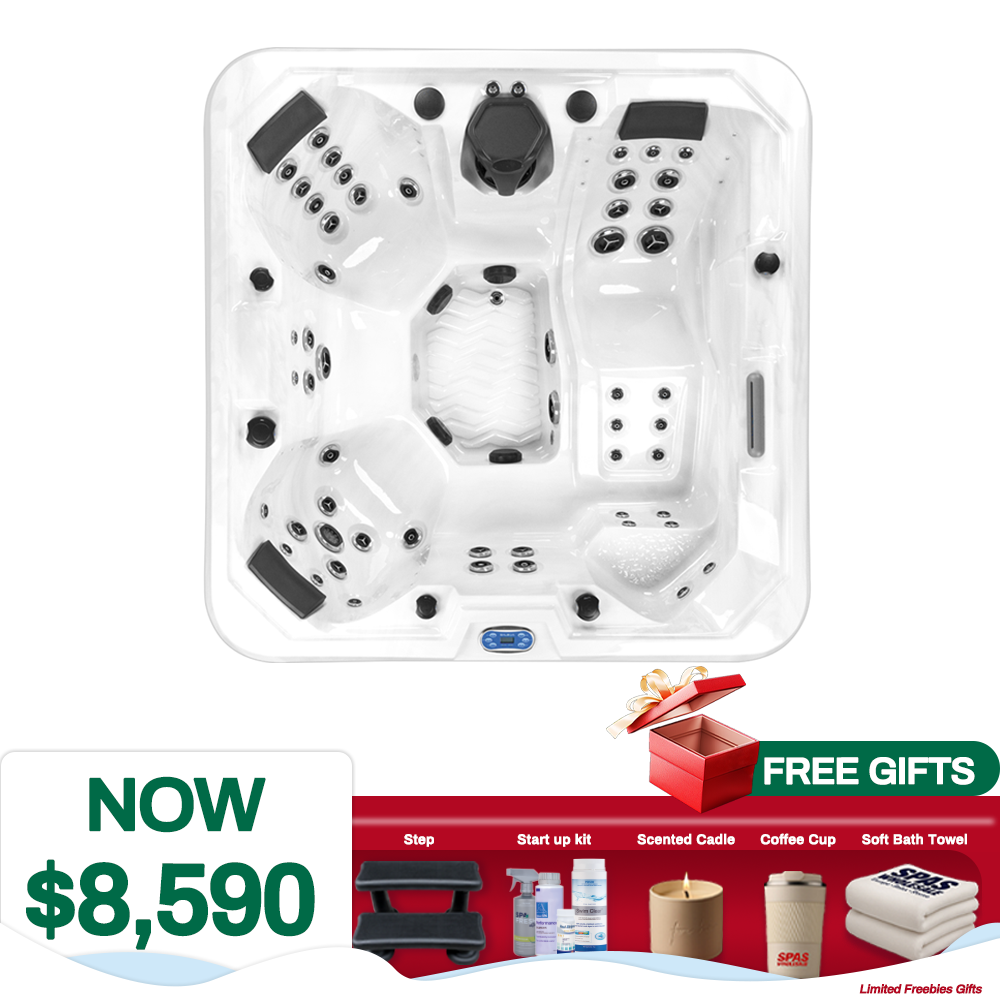

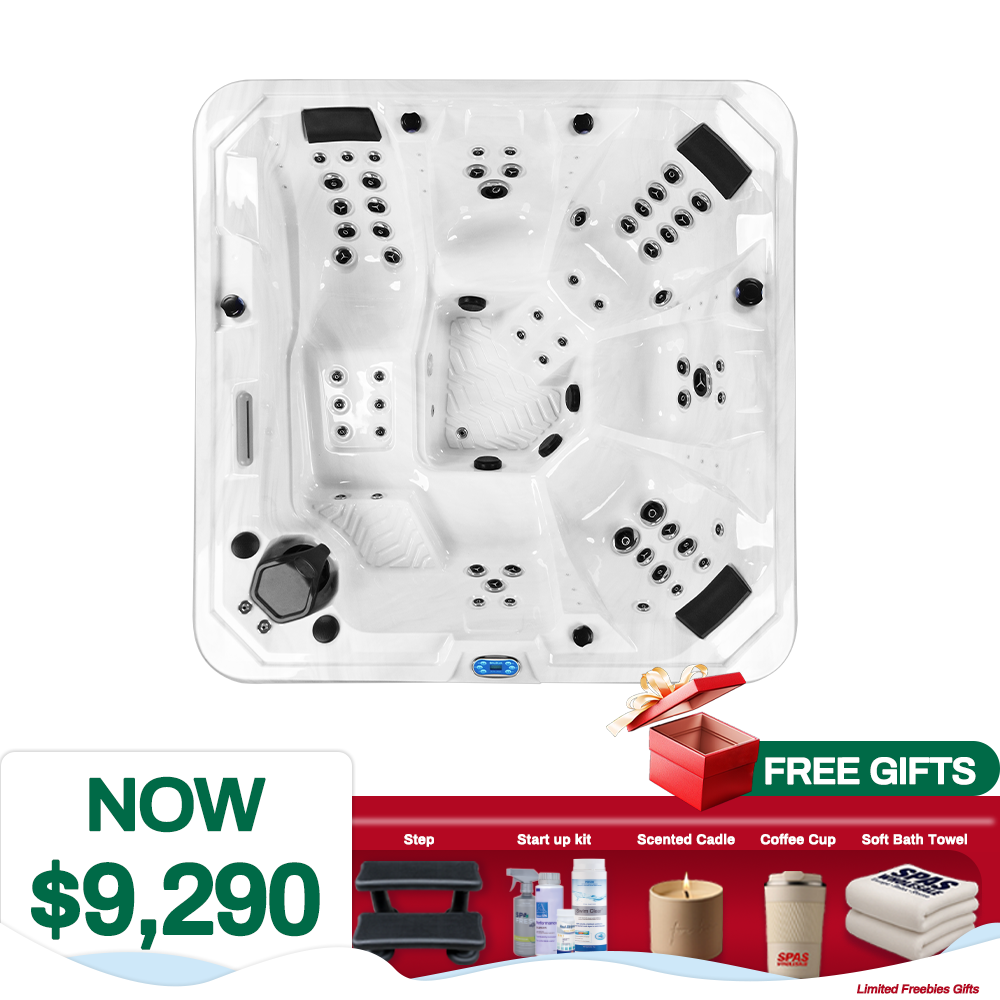
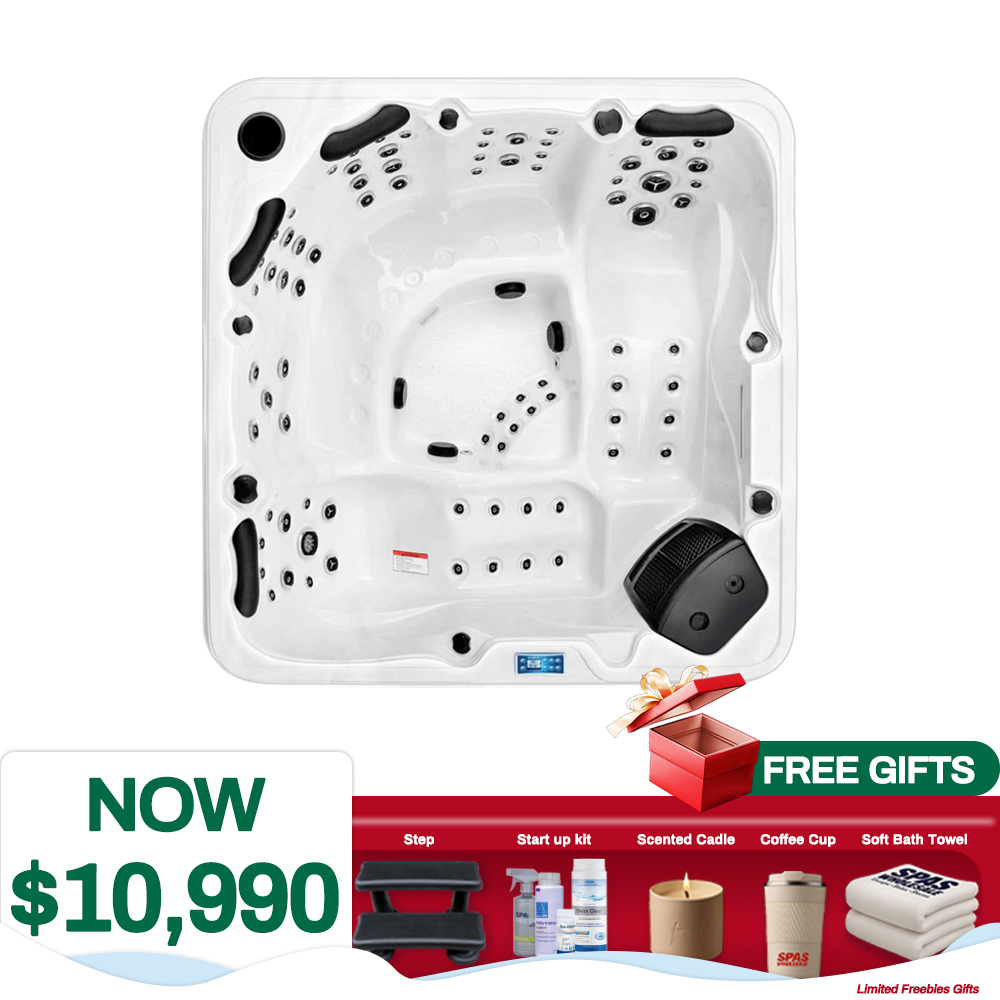

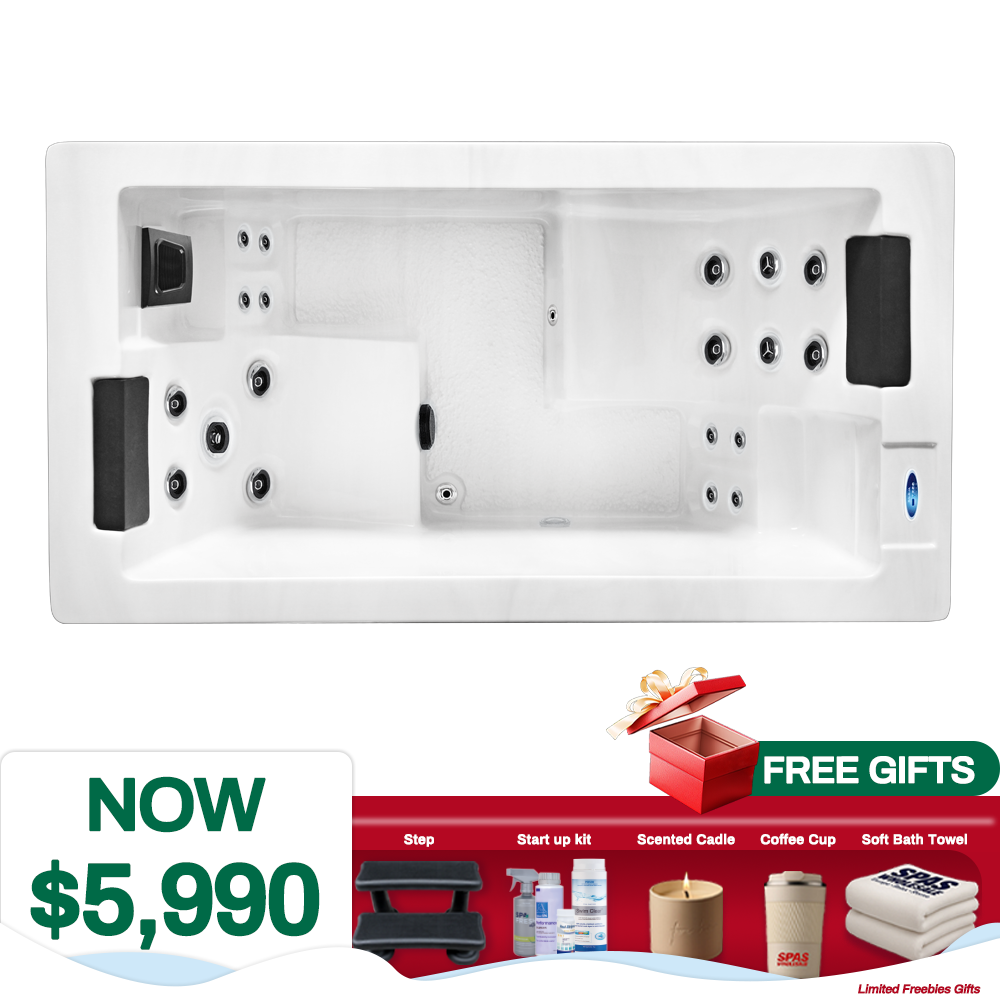

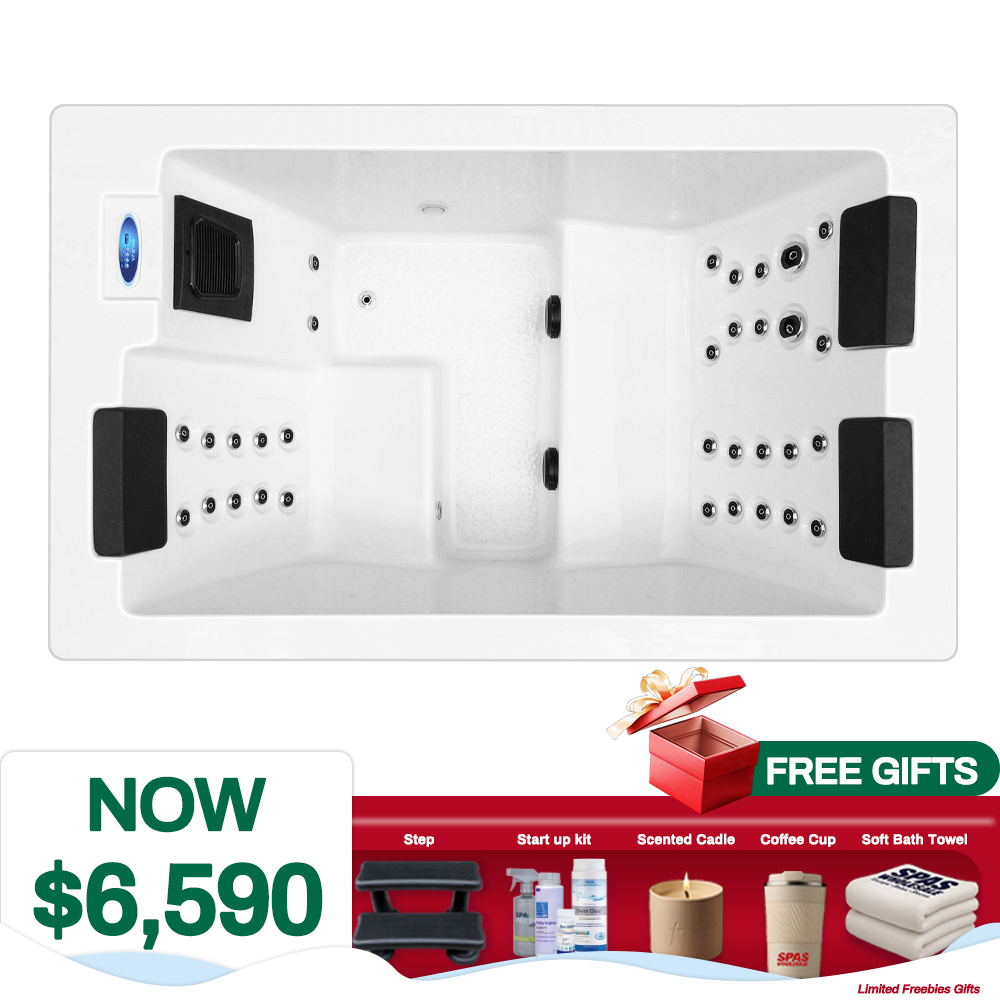


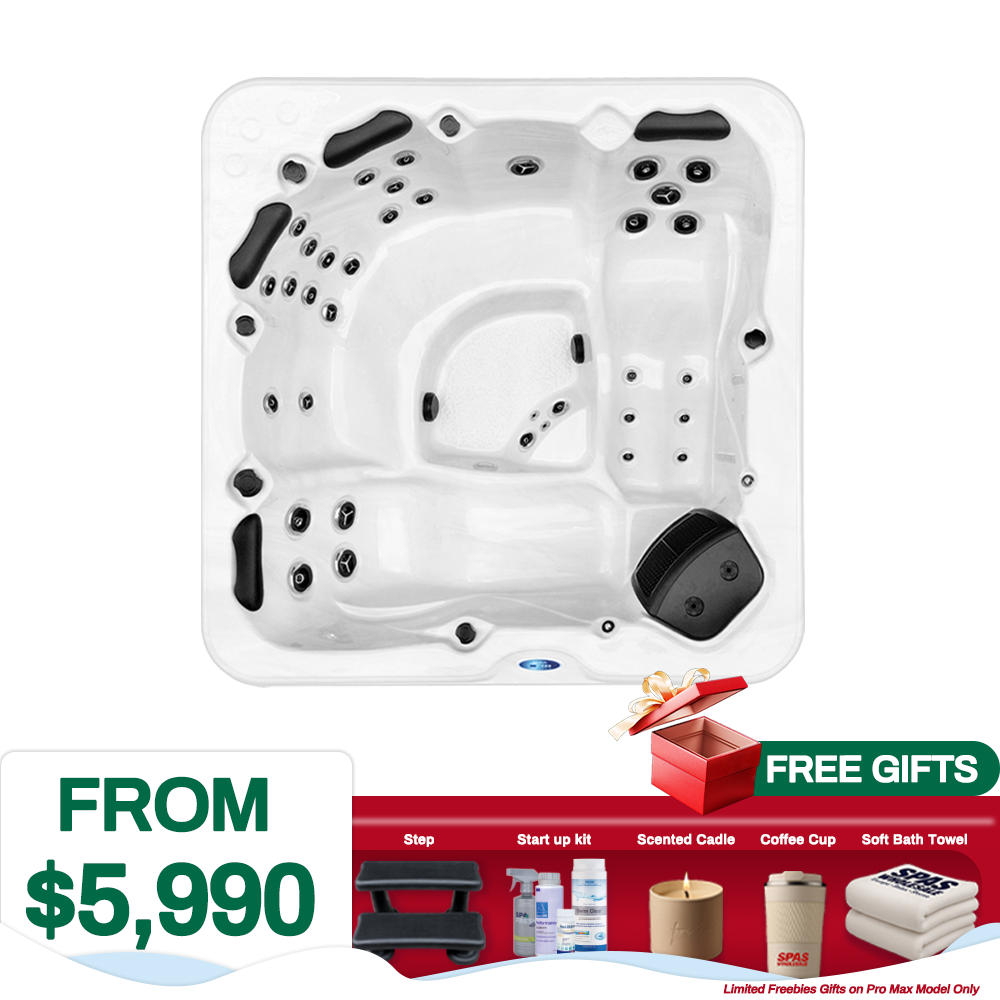
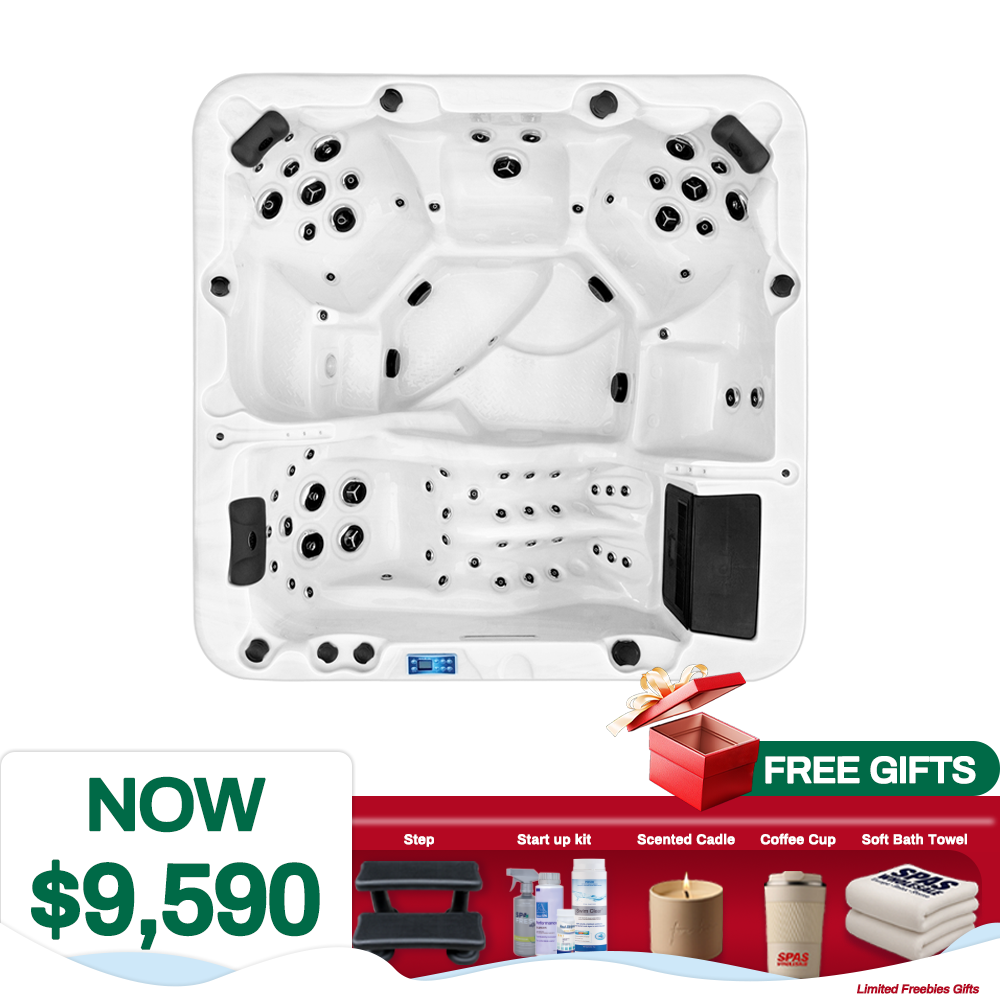
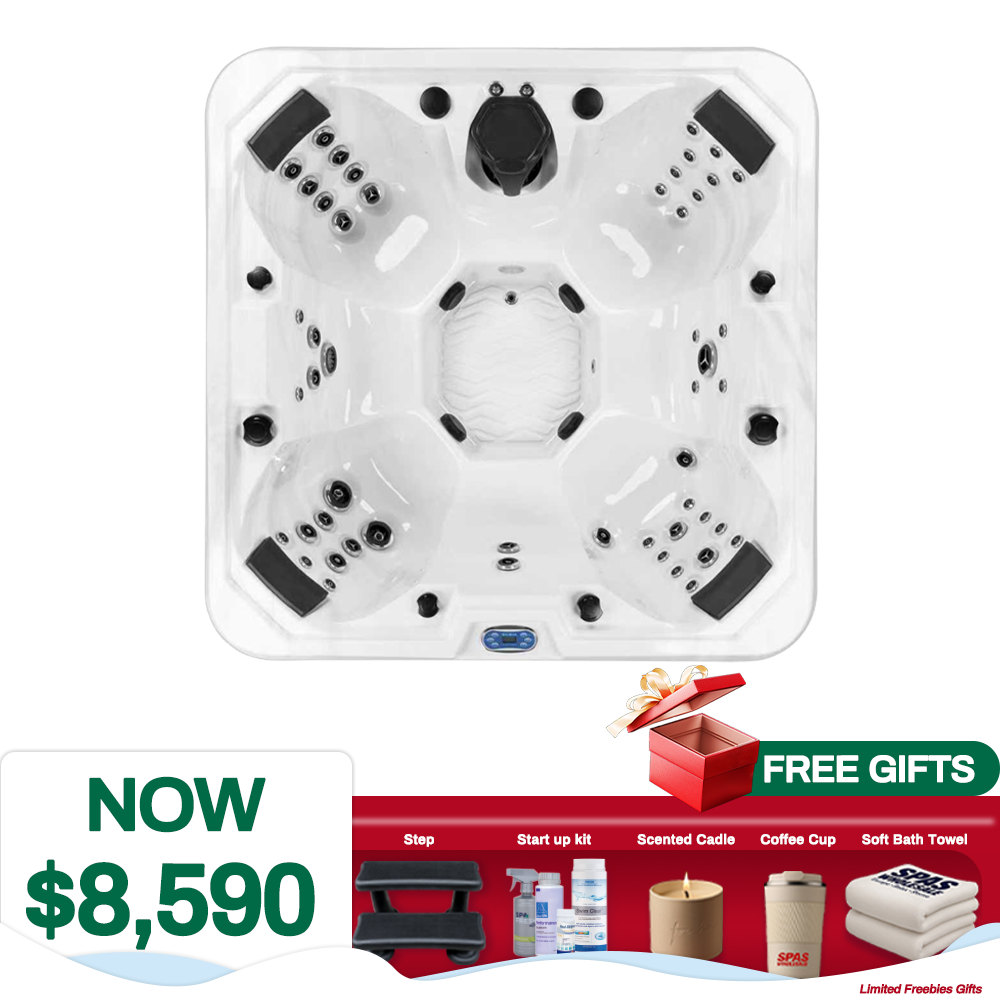
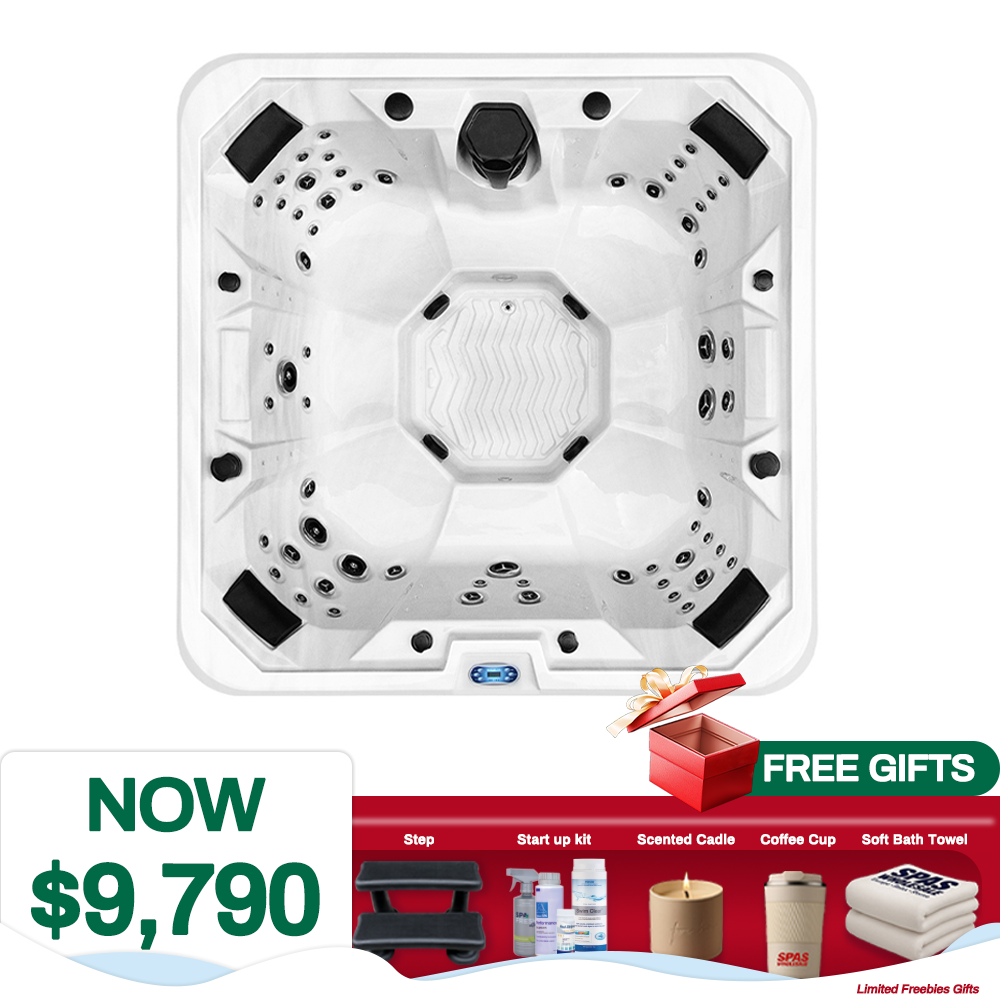
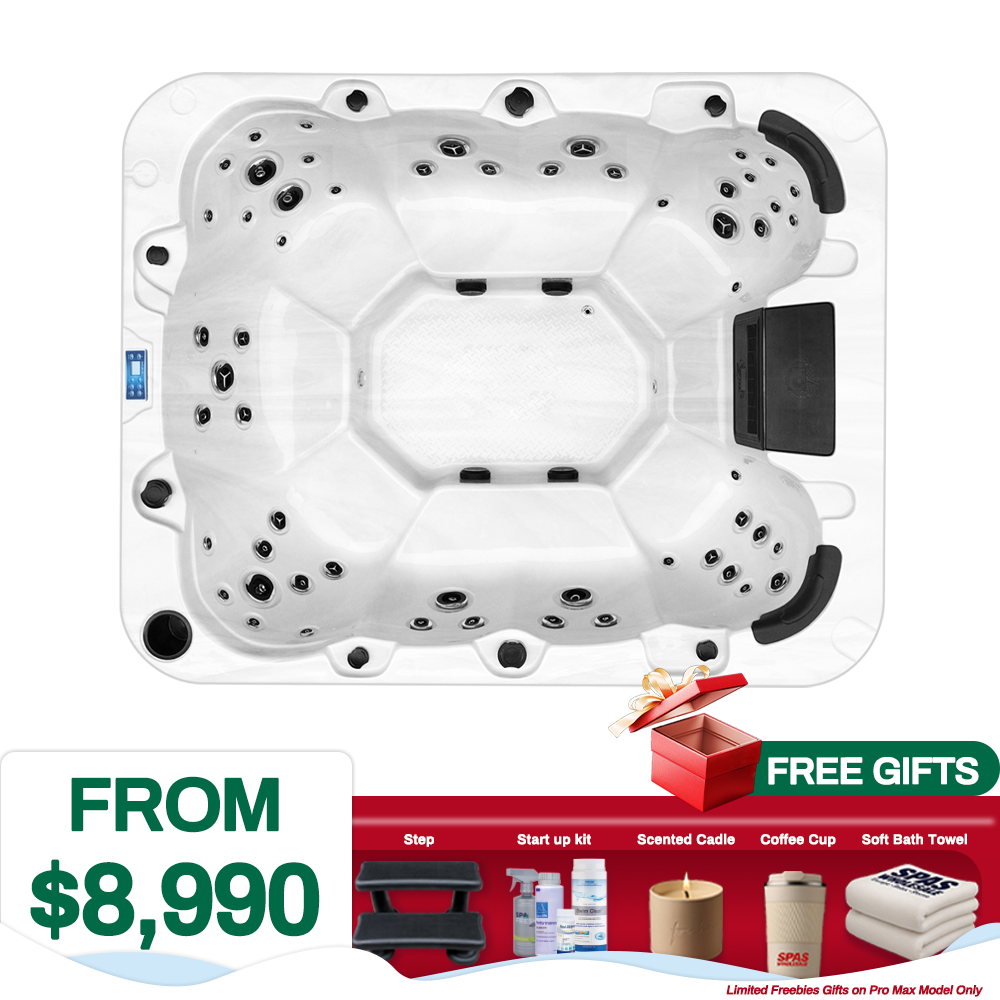
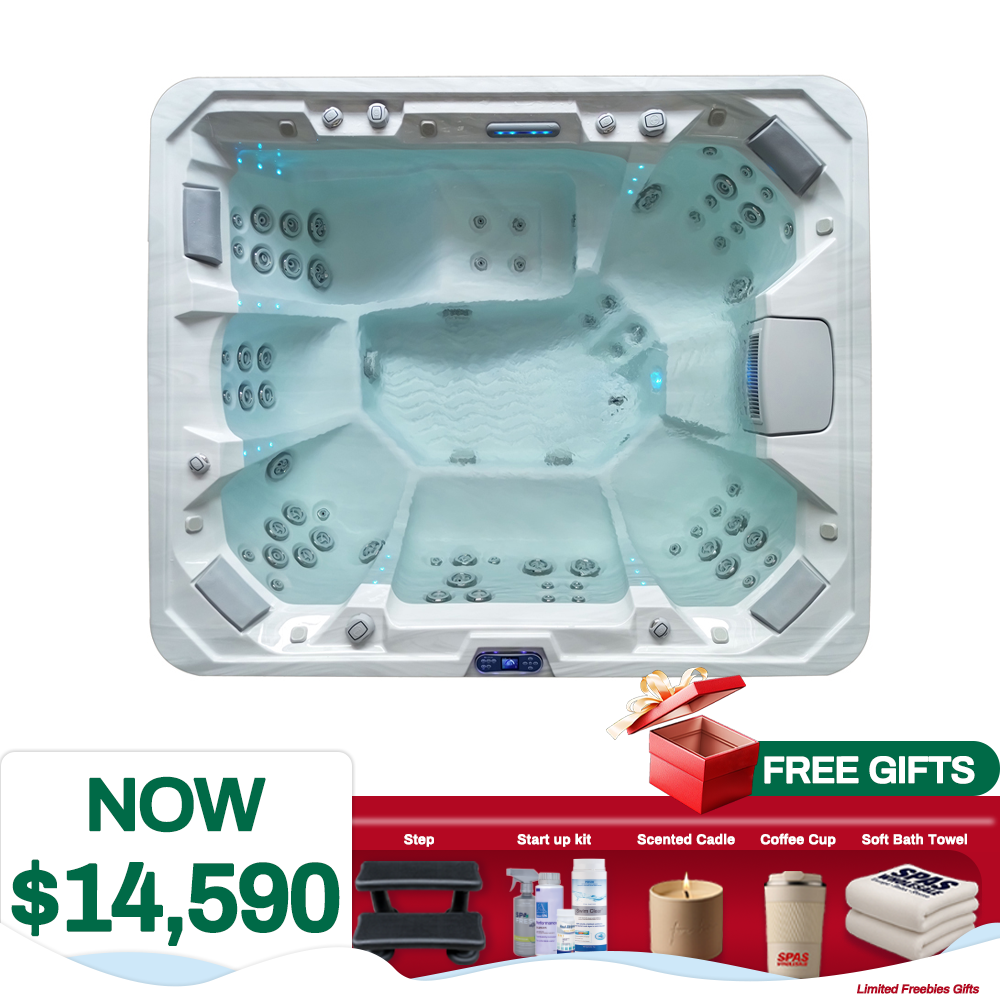
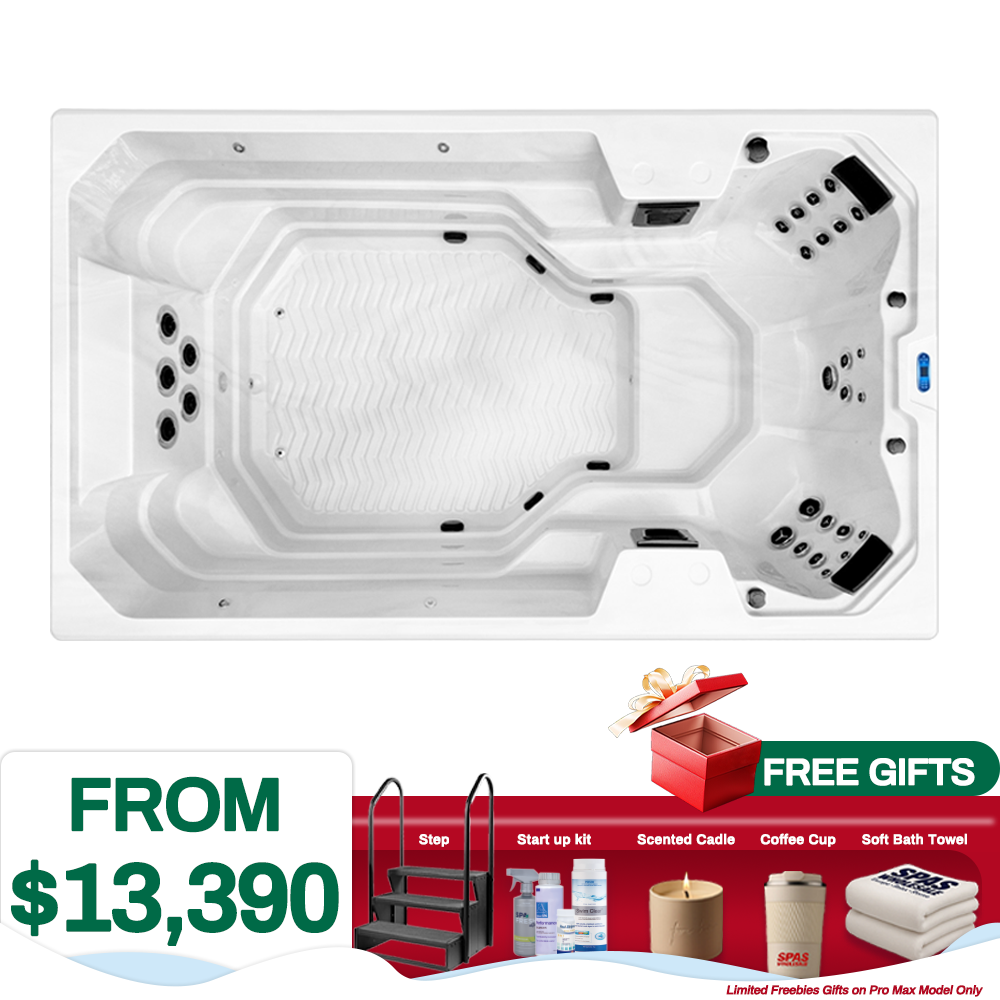
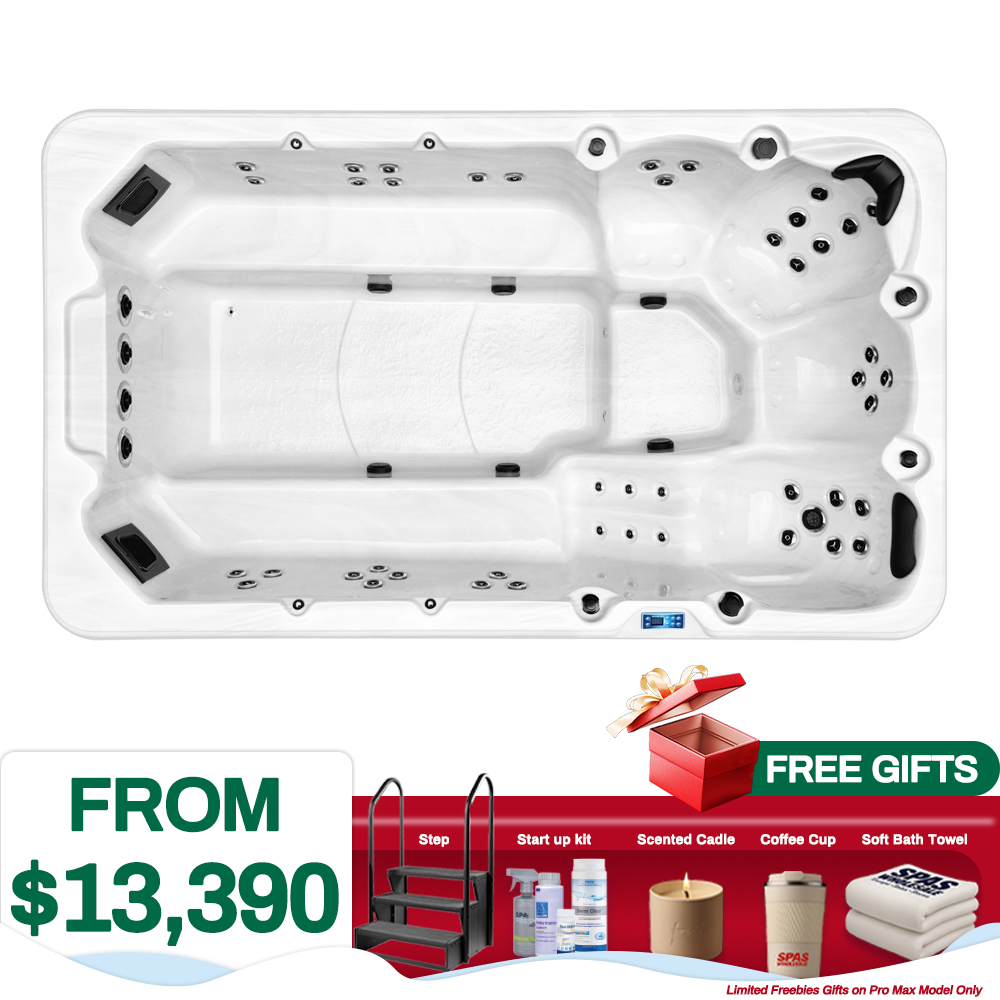
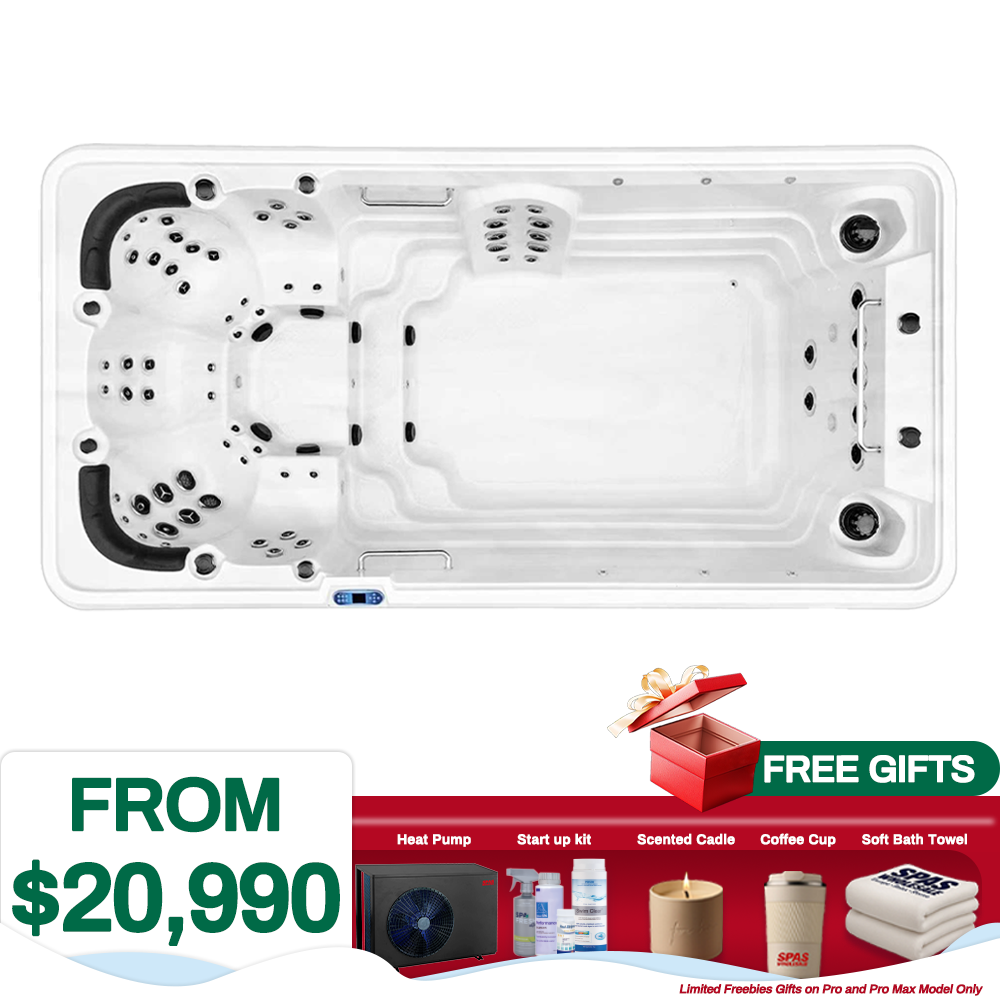

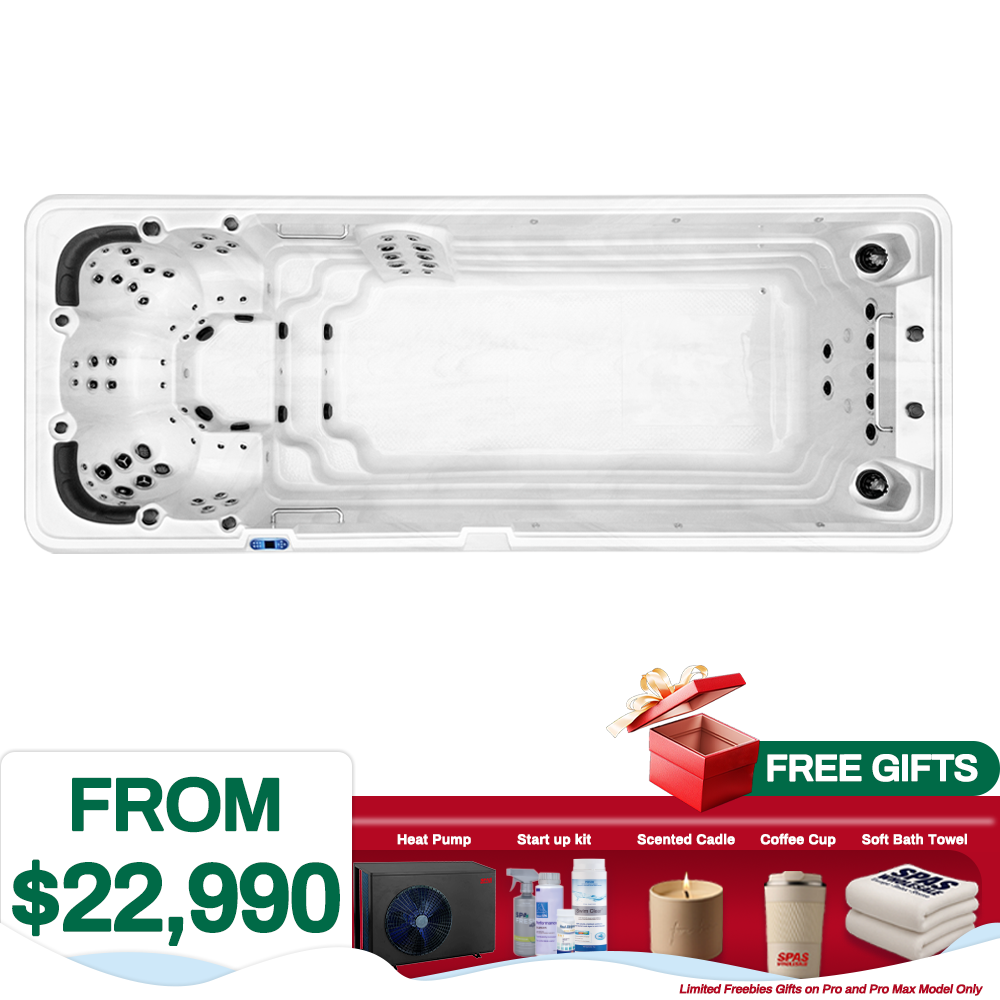
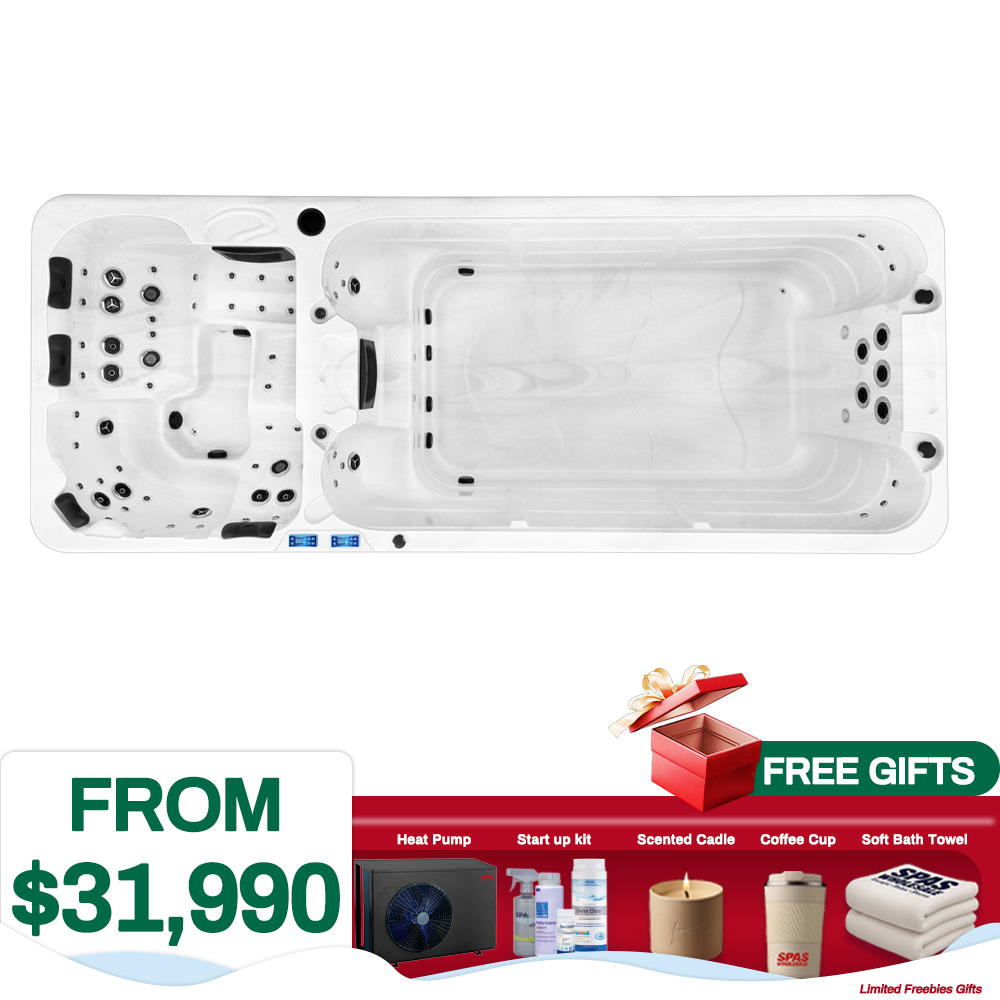
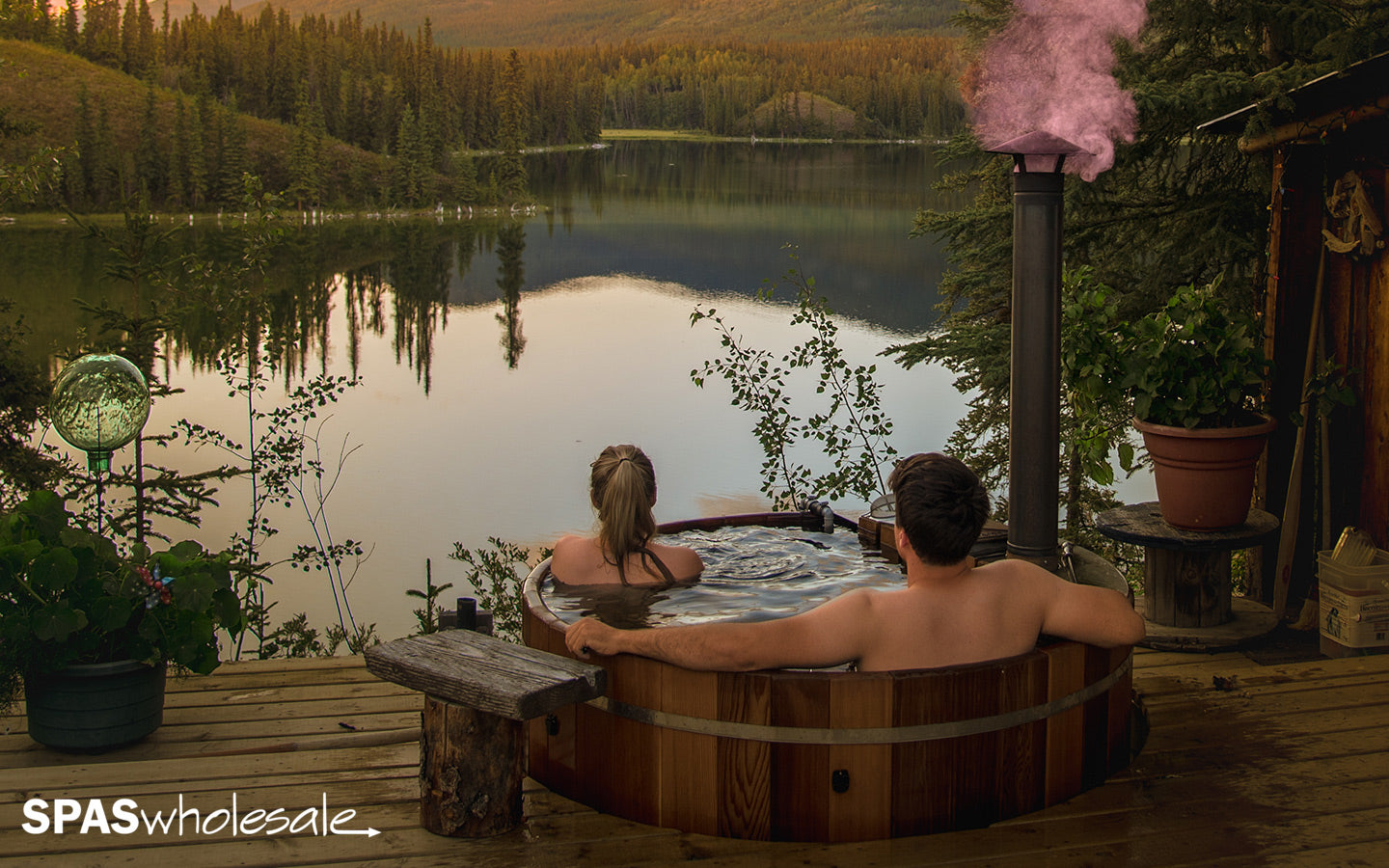

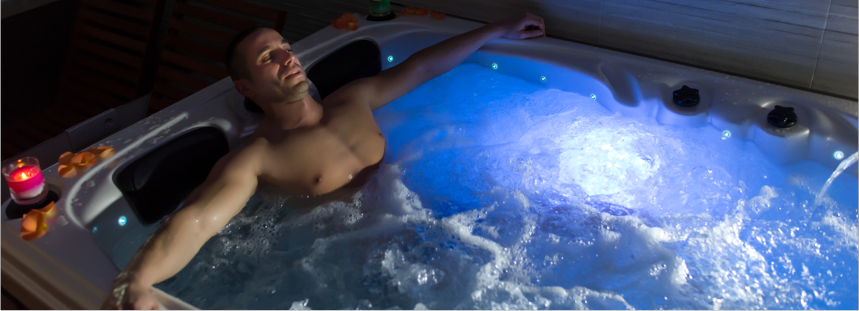
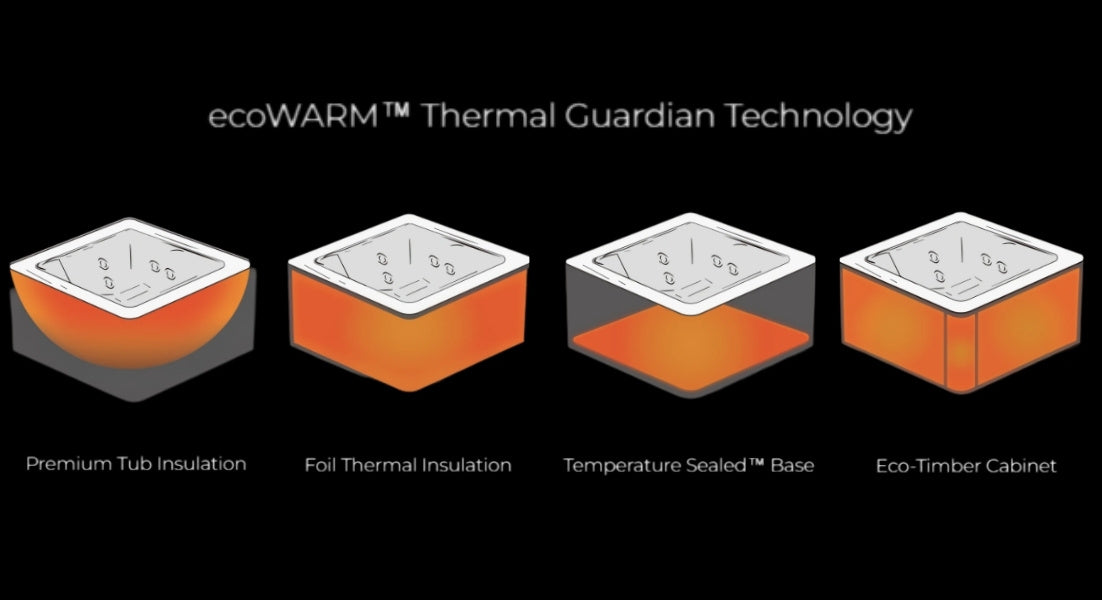
Share:
The Benefits of a Hot Tub Cover Lifter
Troubleshooting Hot Tub Problems & Water Issues